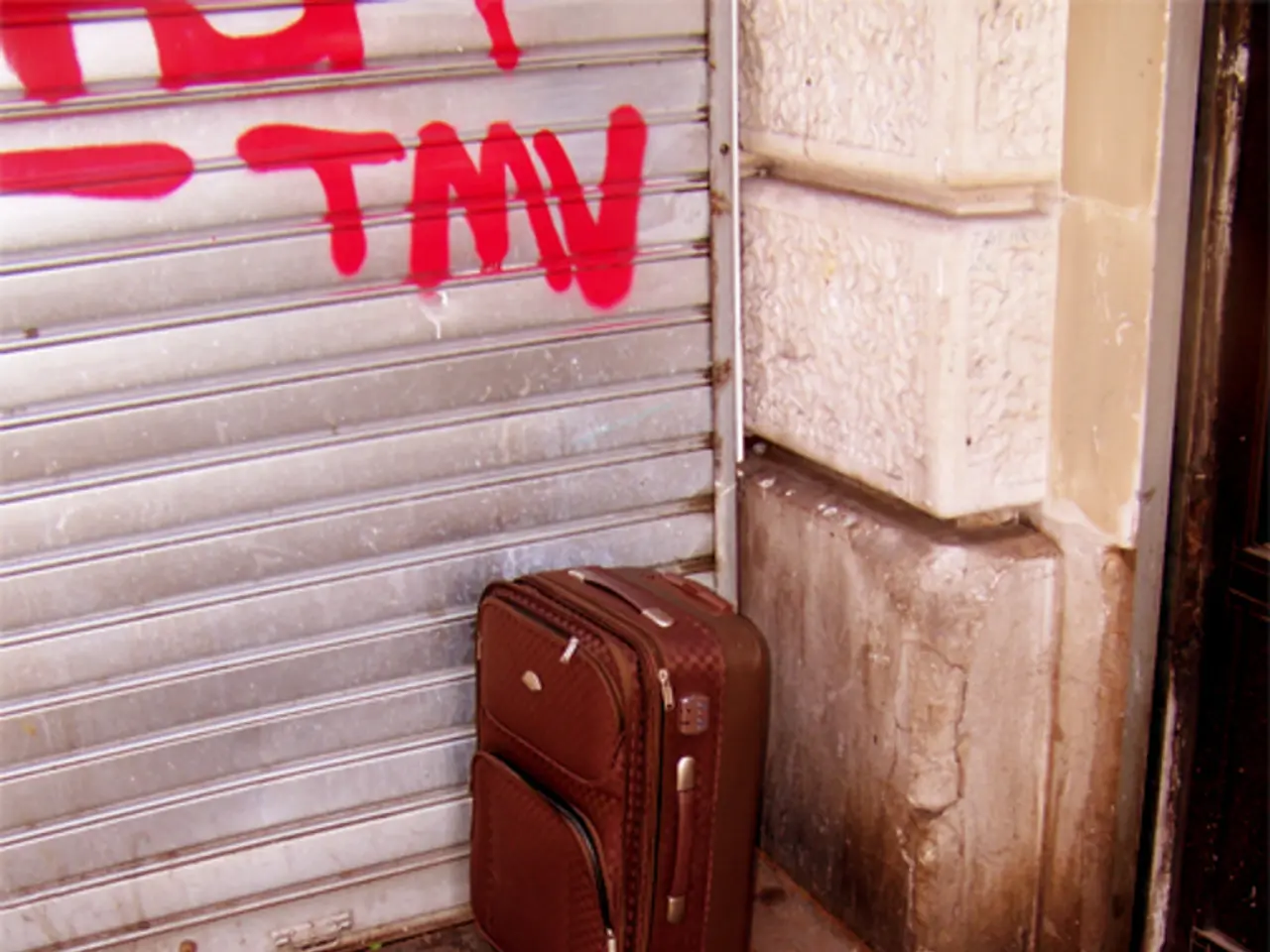Streamline Your Existence, Roaming Modernity (Digital Nomad)
When embarking on a nomadic lifestyle, it's crucial to ensure that valuable business equipment fits in carry-on luggage and stays under the airline's weight limit to avoid loss, damage, or theft. This article outlines a recommended approach for digital nomads to decide what essential items to pack—including business equipment and personal possessions—while avoiding excess baggage fees.
Adopting a Minimalist, Purpose-Driven Packing Strategy
The smart digital nomad follows Ludwig Mies van der Rohe's motto - "Less is more." By prioritizing essential items that serve a clear purpose, digital nomads can travel light, keep business operations smooth, and stay within carry-on restrictions.
Prioritizing Essential Items
For business equipment, include reliable tech such as a lightweight laptop, portable laptop stand, portable monitor, mobile Wi-Fi hotspot, fast external SSD for backups, noise-cancelling headphones, power banks, and universal travel adapters. For personal items, pack versatile clothing, a toiletry kit, packable daypack, and travel accessories like earplugs and a hidden wallet.
Maximizing Space Efficiency and Organization
Use packing aids like packing cubes and travel electronics organizers to maximize space efficiency and organization.
Choosing the Right Bag
Choose a backpack or travel bag sized to meet the most common carry-on dimensions (around 22 x 14 x 9 inches). This helps avoid extra fees and gate-check hassles. The backpack should be lightweight, durable, and comfortable since it will hold both work and personal items and may be carried for long durations.
Minimizing Duplicates and Bulky Items
Minimize duplicates and bulky items by selecting high-quality, multi-use gear that fits small. For example, carry a down jacket that’s warm yet compressible, quick-dry towels, and footwear suited for multiple activities.
Focusing on Redundancy for Critical Tech
Evaluate each item’s necessity by asking if it can handle multiple tasks, if a cloud or digital alternative exists, or if you can purchase or rent locally instead of carrying it. Focus on redundancy for critical tech through compact backups like encrypted external SSDs and portable hotspots to ensure work continuity without carrying heavy, bulky alternatives.
Regularly Refining Your Packing List
Regularly refine your packing list based on experience, dropping unnecessary items and adding improvements to reach an ideal minimalist setup that balances convenience, business needs, and travel freedom.
By following this approach, digital nomads can travel light, keep business operations smooth with essential tech, and stay within carry-on restrictions to avoid excess baggage fees and the inconvenience of heavy luggage.
Additional Tips
- It's advisable to check low-cost airline regulations for carry-on luggage before buying a smaller case or backpack to avoid excess baggage charges and hassle at check-in.
- It's rare to find a hotel without an umbrella and they are usually inexpensive to buy in the developing world.
- Tim Ferriss, author of The Four-Hour Workweek, recommends buying what you need at your destination and never buying what you can borrow.
Downsizing your life as a digital nomad is a freeing experience that makes it easier to enjoy the nomadic lifestyle. Many digital nomads find that they enjoy the freedom from "stuff" after downsizing their lives. The challenge for digital nomads is to downsize their belongings to fit into a single suitcase or backpack and a single piece of carry-on luggage. When buying the main case or backpack, it's crucial not to buy something too big or too heavy, as most airlines limit hold luggage to 20 Kg (44 lbs).
[1]: [Source 1] [2]: [Source 2] [3]: [Source 3] [5]: [Source 5]
- When focusing on personal belongings for the nomadic lifestyle, prioritize versatile clothing, a compact toiletry kit, a packable daypack, and travel accessories like earplugs and a hidden wallet—ensuring a streamlined lifestyle blending with a technology-driven work environment.
- In the pursuit of maximizing space and organization, use packing aids such as packing cubes and electronics organizers to store and transport essential business equipment securely, like a lightweight laptop, portable laptop stand, portable monitor, mobile Wi-Fi hotspot, fast external SSD for backups, noise-cancelling headphones, power banks, and universal travel adapters.




